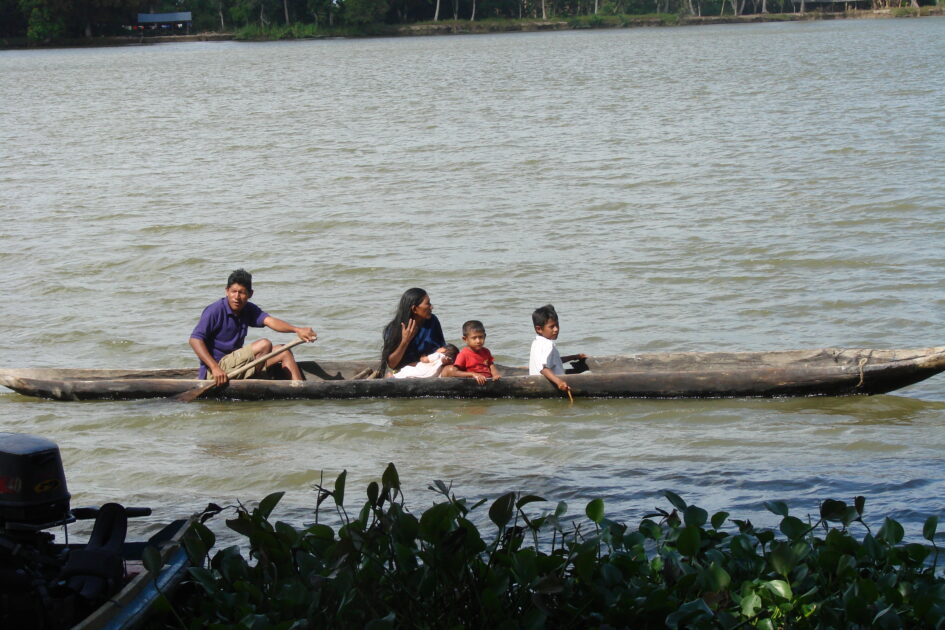Orinoco – Journey to the Heart of Wild Venezuela
After our exhausting Roraima trek, a day of relaxation in Ciudad Bolívar soothed both body and soul. A long, hot shower washed away weeks of grime, while local restaurants treated us to exquisite meals with fresh tropical fruit juices. The next morning, we set off for Tucupita – gateway to one of the world’s greatest river systems, the Orinoco Delta.
Into the Wild River
Initially, the Orinoco resembled a typical great river – wide channel, numerous human settlements along its banks. But with each kilometer, civilization yielded to wilderness. Wooden stilt houses gave way to primitive Warao Indian huts, until even those disappeared, leaving only impenetrable jungle.

Encounter with the Warao People
We stopped at a Warao village – the “boat people” who have inhabited the delta for centuries. Their stilt houses, built from palm wood and leaves, demonstrate perfect adaptation to life among the Orinoco’s waters. The community elder, serving as shaman, shared his people’s traditions while women displayed handmade crafts – beautiful baskets and balsa wood carvings.
We slept in hammocks strung along the riverbank. Jungle sounds – from crickets to distant monkey calls – created nature’s symphony. The hammocks, woven from moriche palm fibers (called the “tree of life” by the Warao), proved remarkably comfortable with their tight weave.

Orinoco Facts
- Orinoco is South America’s third largest river (2,140 km long)
- Its delta covers 41,000 km² (larger than Switzerland)
- In Warao language, “Orinoco” means “place to paddle”
- The river hosts over 1,000 fish species, including infamous piranhas
- Alexander von Humboldt studied the region in 1800, documenting its unique biodiversity
Second Day on the River
The following day proved less intense but equally fascinating. We visited local shops stocking up on fresh fruits. From a fisherman, we bought a large fish (for just 40 VEB) that locals later prepared at a small riverside farm. This became a masterclass in culinary simplicity – fish baked in leaves with manioc and papaya.
By evening we returned to Tucupita, unfortunately checking into the dreadful Pequeño Hotel despite its Lonely Planet recommendation – reminding us even trusted guidebooks can sometimes mislead.

Post-Journey Reflections
The Orinoco Delta exists outside time. Life follows tidal rhythms while ancestral traditions endure. Meeting the Warao, sleeping in riverside hammocks, tasting freshly caught fish – these experiences will stay with us forever. The Orinoco isn’t just a river; it’s an entire world slowly disappearing to modernity. See it now, while its authentic spirit survives.

Leave a Reply